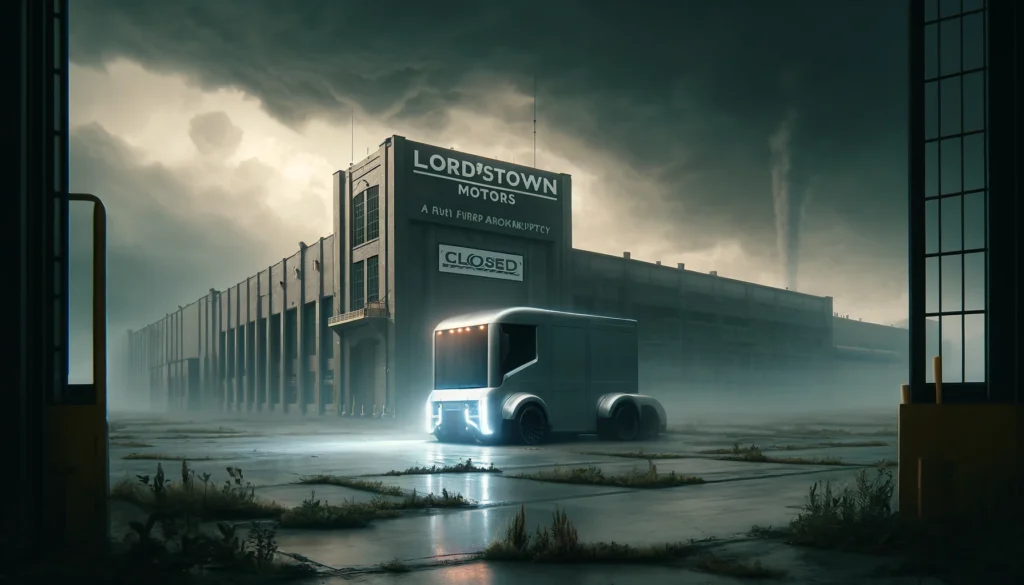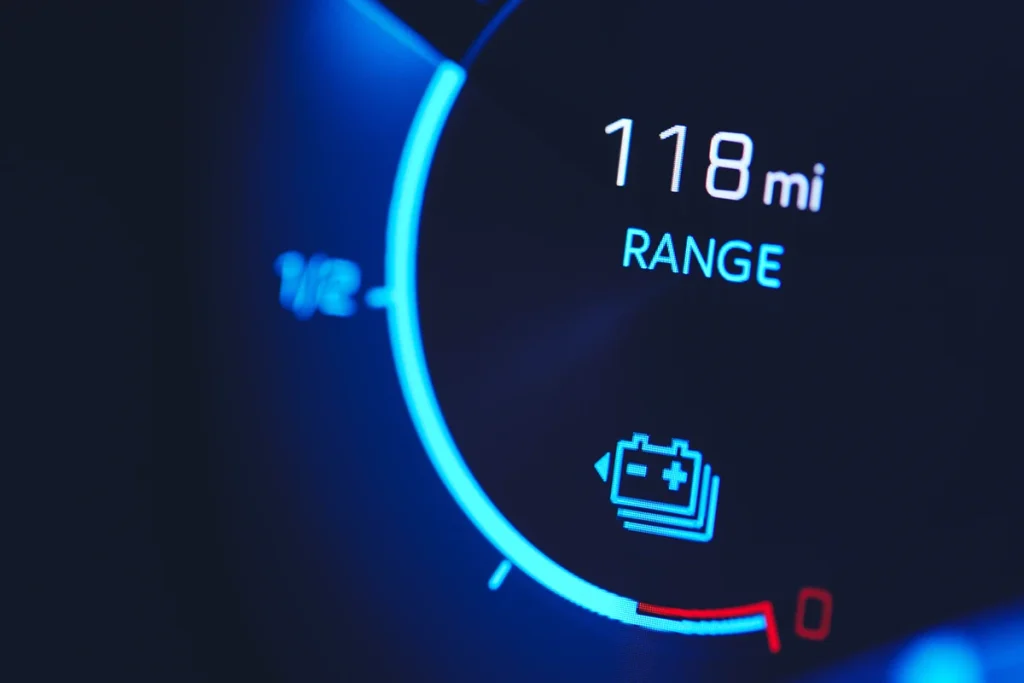Lordstown Motors, a once-promising electric vehicle company based in Lordstown, Ohio, has filed for Chapter 11 bankruptcy protection amidst a backdrop of financial turmoil and legal disputes. The company, known for its focus on producing electric pick-up trucks, made headlines with its ambitious plans to compete in the growing EV market dominated by industry leader Tesla. However, a series of setbacks, including a failed partnership with major investor Foxconn, ultimately led to Lordstown Motors’ downfall.
The Rise and Fall of Lordstown Motors
Founded in 2018 by Steve Burns, former CEO of Workhorse Group, Lordstown Motors aimed to revolutionize the electric vehicle industry by creating the “Tesla of pickup trucks.” The company made headlines when it acquired a shuttered General Motors factory in Ohio, with plans to repurpose the facility for EV production. Former President Donald J. Trump even praised the move as a way to preserve manufacturing jobs in the region.
However, Lordstown Motors faced numerous challenges along the way, including production delays, management changes, and quality issues with its vehicles. Despite high expectations and early support, the company struggled to deliver on its promises and failed to gain traction in the competitive EV market.
The turning point came when a high-profile partnership with Foxconn, a major Taiwanese electronics manufacturer and Lordstown’s biggest shareholder, unraveled. The two companies became embroiled in legal disputes, with Lordstown accusing Foxconn of fraud and failing to fulfill its investment commitments. As the situation worsened, Lordstown was left with no choice but to file for bankruptcy protection and pursue legal action against Foxconn.
Legal Battles and Financial Struggles
Lordstown Motors’ bankruptcy filing in a Delaware court marked the culmination of a tumultuous period for the company. The decision to seek Chapter 11 protection was driven by a breakdown in relations with Foxconn, as well as ongoing financial challenges that had plagued the company for months.
In its statement announcing the bankruptcy filing, Lordstown cited Foxconn’s failure to execute on the agreed-upon strategy as a primary reason for its dire financial situation. The company expressed its intent to pursue litigation against Foxconn to seek redress for the alleged misconduct and breach of contract.
The bankruptcy filing also revealed Lordstown’s plans to restructure its operations and sell off its remaining assets, including technology and intellectual property related to its Endurance pickup truck. The company acknowledged the need for a strategic overhaul to address its financial woes and chart a path towards recovery.
Industry Challenges and Competitive Landscape
Lordstown Motors’ bankruptcy filing is emblematic of the broader challenges facing the electric vehicle industry, particularly for emerging players seeking to carve out a niche in a market dominated by established giants like Tesla. While EV sales have been on the rise in recent years, companies like Lordstown have struggled to compete effectively and sustain their operations amid intense competition and evolving market dynamics.
The rise of electric vehicles as a viable alternative to traditional gasoline-powered cars has spurred a wave of new entrants into the market, each vying for a share of the growing EV pie. However, the road to success in the EV industry is fraught with obstacles, from regulatory hurdles to supply chain disruptions to changing consumer preferences.
Lordstown’s bankruptcy filing is part of a larger trend of EV startups facing financial difficulties and operational challenges. Companies like Rivian, Arrival, Canoo, Lucid, and Nikola have all encountered setbacks in their quest to bring electric vehicles to market, highlighting the complexities of scaling production and achieving commercial success in the competitive automotive sector.
Impact on the EV Market and Beyond
The news of Lordstown Motors’ bankruptcy filing has reverberated throughout the electric vehicle industry and beyond, raising questions about the sustainability of the EV market and the future of emerging players in the space. The fallout from Lordstown’s collapse is likely to have ripple effects on investors, suppliers, employees, and other stakeholders connected to the company.
The bankruptcy filing also underscores the risks inherent in the EV sector, where rapid innovation and fierce competition can lead to financial instability and operational challenges for companies seeking to disrupt the traditional automotive industry. As Lordstown Motors grapples with its own struggles, the broader landscape of the EV market continues to evolve, with implications for the future of sustainable transportation and the global shift towards electric mobility.
In conclusion, Lordstown Motors’ bankruptcy filing represents a cautionary tale for the electric vehicle industry, highlighting the pitfalls and challenges facing companies trying to navigate a rapidly changing market. As the EV sector continues to grow and evolve, the lessons learned from Lordstown’s downfall will serve as a reminder of the importance of strategic planning, financial prudence, and effective management in an industry where innovation and competition go hand in hand.


